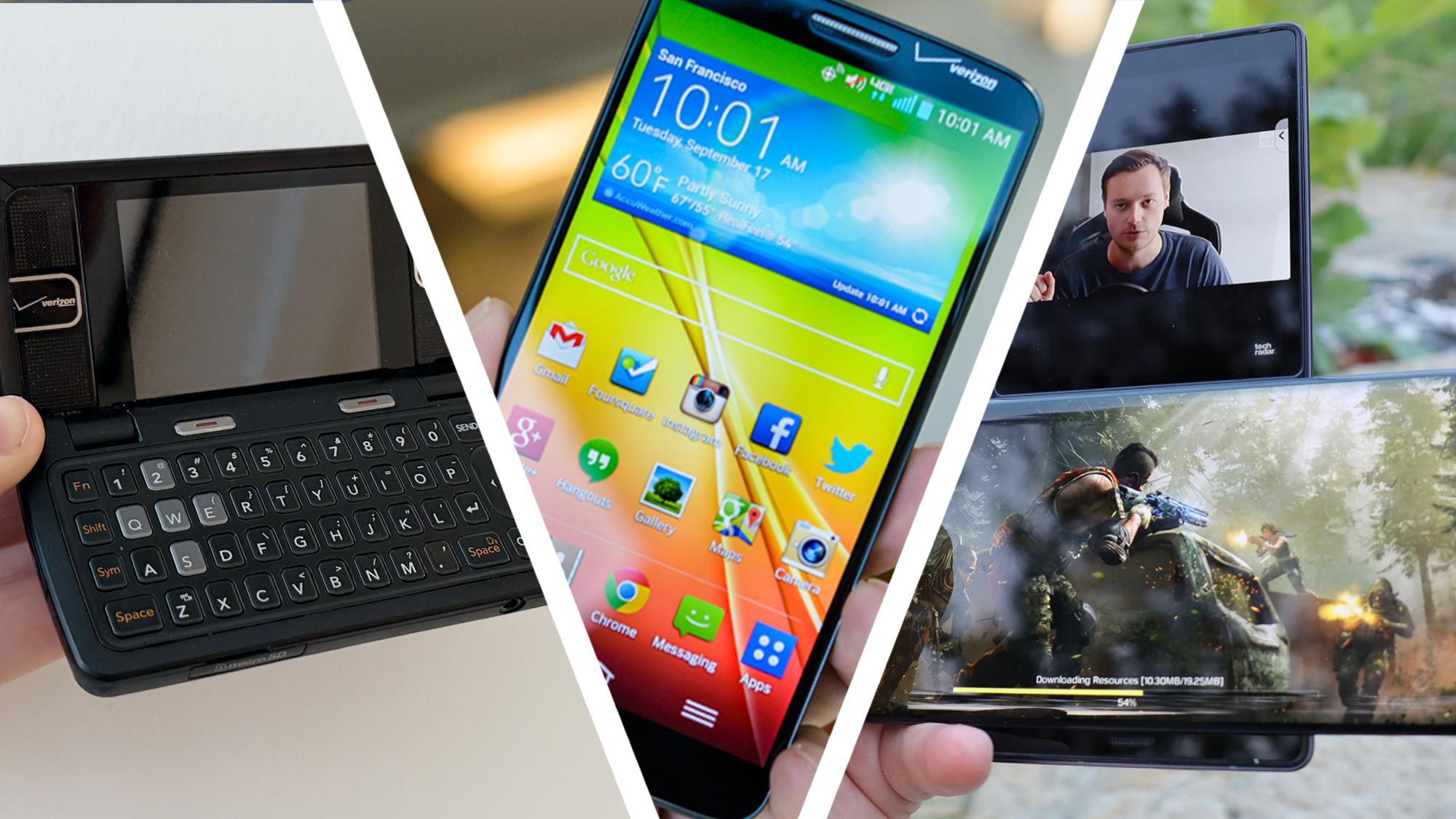Top 7 LG Smartphones: A Farewell Ranking
The news is out: LG is officially exiting the smartphone market. While this marks the end of an era for many loyal fans, it also provides a perfect opportunity to reflect on some of the best phones LG ever produced. This isn't just a list; it's a tribute to innovation and design, a ranking of the top 7 LG smartphones that left their mark.
While choosing just seven from LG's extensive catalog was tough, we’ve prioritized innovation, design, and overall impact, considering both critical reception and consumer feedback. This farewell ranking celebrates the legacy of LG's contribution to the mobile world.
Methodology: Our ranking considers a blend of factors, including camera quality, performance, design innovation (remember the modular G5?), and lasting impact on the market. We've also taken into account user reviews and expert opinions from various tech publications.
7. LG G3 (2014): The High-Resolution Pioneer
The LG G3 wasn't perfect, but its groundbreaking 2K display was revolutionary for its time. This phone established LG as a player to watch, showcasing a commitment to high-resolution screens before it became the norm. While its performance might seem dated now, its legacy in display technology is undeniable.
- Key Features: Stunning 2K display, competitive performance for its era.
- Why it's here: Pioneering display technology.
6. LG Velvet (2020): A Design Masterpiece
The LG Velvet stood out for its elegant, almost liquid-like design. Its smooth curves and understated beauty were a welcome departure from the often boxy designs prevalent in the market. While its specs weren't top-tier, its aesthetic appeal secured its place on this list.
- Key Features: Unique design, smooth curves, decent camera.
- Why it's here: Exceptional design and a breath of fresh air in the market.
5. LG G6 (2017): The All-Screen Era Begins
The LG G6 embraced the all-screen trend early on with its near bezel-less display. This marked a significant step in design philosophy, paving the way for the modern smartphone aesthetic. Its wide-angle camera was also a noteworthy feature.
- Key Features: All-screen design, wide-angle camera, durable build.
- Why it's here: Influential design, ahead of its time in the all-screen revolution.
4. LG V20 (2016): The Audiophile's Choice
The LG V20 was a powerhouse for audiophiles. Its high-fidelity audio capabilities, coupled with a secondary display for quick notifications, made it a unique and appealing option. This phone showed LG's dedication to catering to niche interests.
- Key Features: High-fidelity audio, secondary display, removable battery.
- Why it's here: Exceptional audio quality, a strong feature set for its time.
3. LG G5 (2016): The Modular Marvel (with caveats)
The LG G5's modular design was ambitious. While its execution had its flaws, the concept of expanding functionality through replaceable modules was groundbreaking. It was a bold experiment that, while not entirely successful, demonstrated LG's willingness to push boundaries.
- Key Features: Modular design (Camera, Hi-Fi), Dual rear cameras.
- Why it's here: Bold and innovative modular design, though ultimately flawed in execution.
2. LG G7 ThinQ (2018): A Balanced Performer
The LG G7 ThinQ was a well-rounded device. It offered excellent performance, a great camera, and a durable build. While it may not have had a single standout feature, its overall balance and solid performance made it a reliable and enjoyable phone.
- Key Features: Excellent performance, solid camera, bright display.
- Why it's here: A well-balanced and reliable phone, a strong all-rounder.
1. LG G Flex 2 (2015): The Curve Ahead
Taking the top spot is the LG G Flex 2. Its flexible display was a stunning achievement, showcasing LG's leading-edge technology. Though the technology was still in its infancy, the G Flex 2 proved that flexible displays were possible and hinted at the future of smartphone design.
- Key Features: Curved display, self-healing back.
- Why it's here: Groundbreaking flexible display technology, a testament to LG's innovation.
Conclusion:
LG’s departure from the smartphone market is a significant loss, but their legacy of innovation and unique design choices will be remembered. These top 7 phones represent a small but significant portion of their contribution to the mobile landscape. We’ll miss seeing their unique innovations, but their impact on the industry remains. What's your favorite LG phone? Let us know in the comments below!

